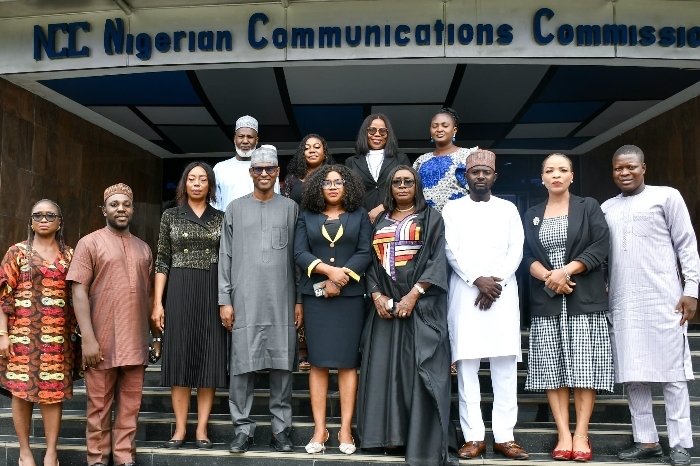At the Industry Sustainability and Critical National Information Infrastructure Conference in Ikeja, Lagos, Dr. Aminu Maida, Executive Vice Chairman/CEO of the Nigerian Communications Commission (NCC), underscored the strategic importance of telecommunications as the backbone of Nigeria’s socio-economic growth, national security, and digital sovereignty.
Represented by Edoyemi Ogoh, Director of Technical Standards and Network Integrity, Dr. Maida revealed that the telecom sector now accounts for over 14.4% of Nigeria’s GDP, supporting vital industries including banking, energy, healthcare, security, education, and governance. He described telecom assets — from towers and fiber optic cables to data centers, internet exchange points, and international gateways — as the “digital lifelines” sustaining the nation’s economy and daily life.
Following the designation of telecom infrastructure as Critical National Information Infrastructure (CNII) under the Cybersecurity Act by President Bola Ahmed Tinubu, Maida stressed the shared responsibility among regulators, operators, government agencies, and citizens to safeguard this national asset.
“The cost of inaction is steep — from service disruptions and investor flight to national security vulnerabilities and economic instability,” Ogoh warned.
Challenges Threatening the Sector
The NCC identified several pressing challenges:
-
Over 1,100 fiber cuts weekly,
-
Vandalism and theft of equipment and diesel,
-
Power supply gaps,
-
Denial of site access,
-
Bureaucratic delays in permit approvals,
-
Rising cyber threats linked to Over-The-Top (OTT) services and Internet of Things (IoT) usage.
Maida noted that these issues not only degrade service quality but also pose direct risks to national security.
NCC’s Proactive Measures
To address these threats, the NCC is:
-
Enforcing strict technical standards for infrastructure deployment,
-
Running public awareness campaigns to promote community ownership of telecom assets,
-
Driving multi-stakeholder collaboration with lawmakers, judiciary, law enforcement, and private sector operators,
-
Advancing the Right of Way Harmonisation Initiative,
-
Creating a CNII Industry Working Group,
-
Promoting mediation as an alternative to litigation for operational disputes.
Additionally, the NCC is working with the Office of the National Security Adviser to align regulatory enforcement with national security priorities through intelligence sharing and coordinated responses.
A Call for Stronger Protection
Maida urged for a streamlined, uniform process for infrastructure permits, better information sharing among stakeholders, and tougher penalties for offenders who damage telecom assets. He also proposed the creation of a dedicated trust fund to finance the protection and sustainability of telecom infrastructure, similar to other government security funds.
In closing, he reminded participants that telecommunications should not be seen as just another sector of the economy but as “the nervous system of our digital economy” and a “national resilience system” critical to Nigeria’s future.
The conference, jointly organized by the Nigeria Information Technology Reporters Association (NITRA) and the Association of Licensed Telecom Operators of Nigeria (ALTON), provided a timely platform for stakeholders to strategize on protecting Nigeria’s digital backbone amid rising economic and security pressures.

